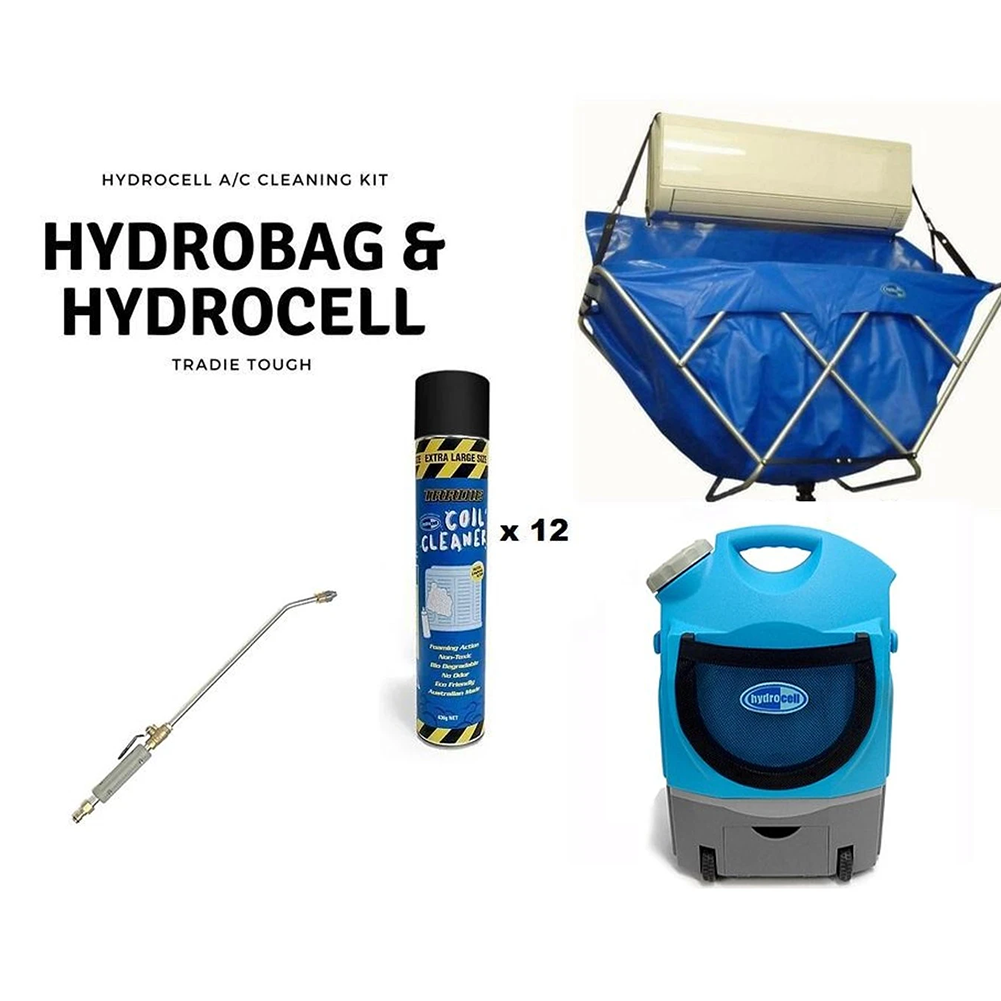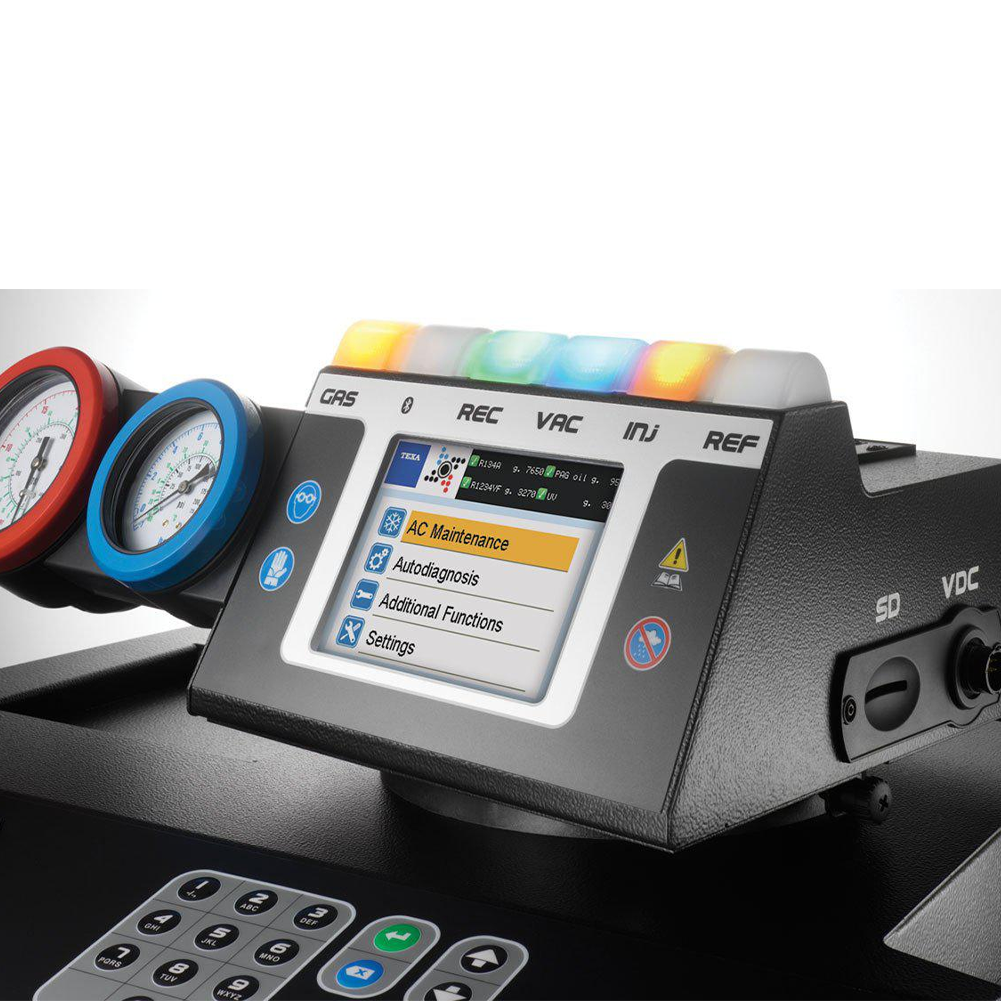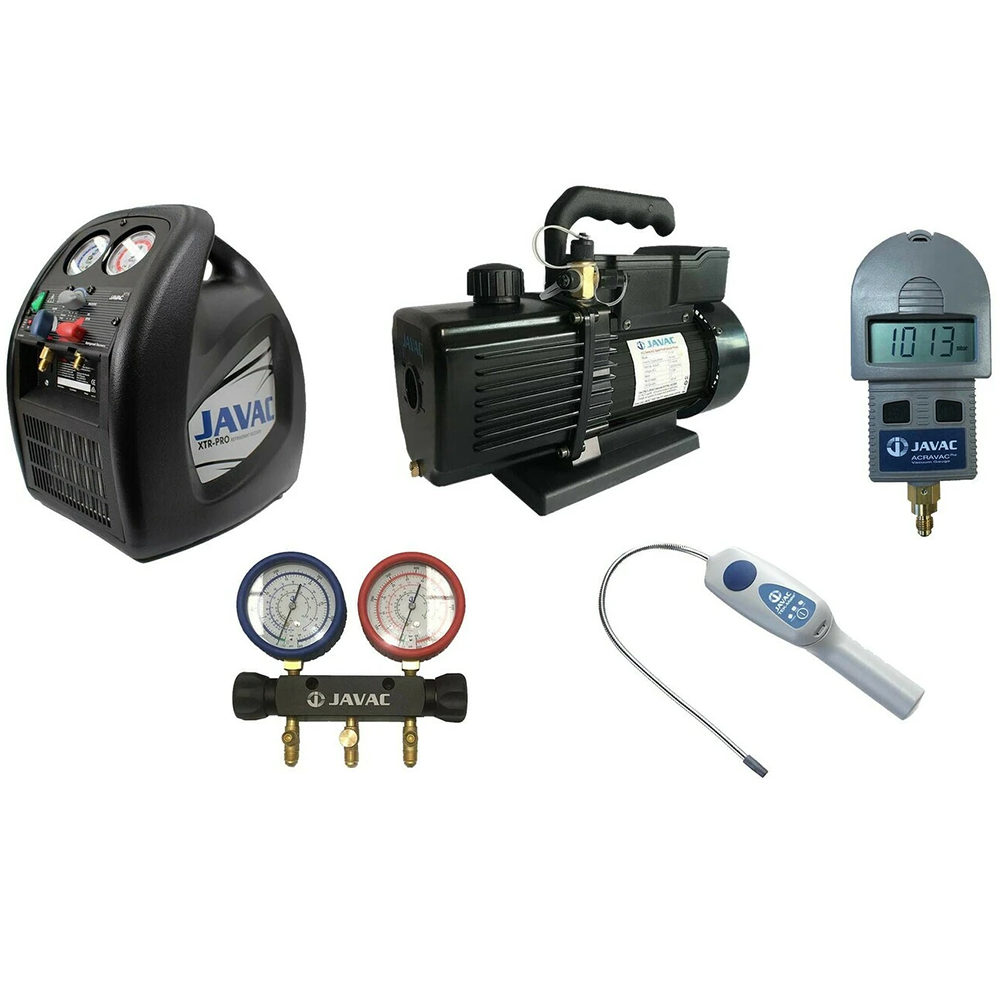
The HVAC supply parts is a fiercely competitive market.
As a result, selecting the right provider is becoming more challenging for HVAC specialists and building managers.These days, there are many places where you can get HVAC supplies. Examples of these sources are online shops, big-box stores, neighbourhood hardware stores, and international home improvement retail chains.
Furthermore, the market is always receiving new HVAC products. It can be not easy to decide what to buy and which suppliers to trust when so many options are available.
Retailers of HVAC systems must now do more than sell goods. They must be valuable to business executives. Finding the greatest HVAC parts and supplies requires determining which retailer offers the best deal.
Continue reading for a buyer's guide to the top HVAC supplies and parts.
CHECK COMPANIES FOR HVAC SUPPLIES

Finding HVAC equipment and supplies is becoming more difficult, especially in the aftermath of COVID-19. It's crucial to acquire high-quality parts if you're an HVAC expert or building management. Additionally, one of your responsibilities as a decision-maker is to purchase such parts at a reasonable cost.
Facilities managers must please executives, while HVAC specialists must please their clients. You can achieve this goal in terms of pricing by conducting extensive research.
However, finding high-quality equipment is also crucial. Whatever your position, it's not ideal for informing a client or decision-maker that you need to address the issue once more.
Try looking through online reviews of HVAC parts suppliers in your hunt for vendors. As an illustration, several vendors publish reviews on their websites. Alternatively, you can read reviews of HVAC supply providers on several review websites.
You can determine if a supplier provides value by reading the client reviews. They'll also let you know if clients are happy with the assistance of a specific source.
Additionally, you might try looking for HVAC bloggers who discuss component providers. Some bloggers write reviews based on their experiences buying supplies from various businesses.
WORK WITH HVAC SUPPLIERS

Smart suppliers embrace technology to provide customers with more. Finding an HVAC supplier, for instance, that helps track your orders is beneficial.
You'll always be aware of your orders' whereabouts, thanks to tracking features. You can organise your projects with the help of this information.
You can update customers or decision-makers on your progress by tracking information. Finding an HVAC supplier who offers this tool makes sense, therefore.
Additionally, research the return policies of different suppliers. Equipment and parts can occasionally sustain damage while being transported.
You don't want to be forced to cover losses brought on by broken parts. Therefore, it's crucial to comprehend the return policies of different part vendors.
A reliable provider of HVAC parts will make their return policy apparent on their website. Additionally, it would be beneficial to check the supplier's website for warranties and guarantees on the parts.
Finding parts fast is crucial. Finding a source who can provide your parts as soon as possible is essential, even though shipping timeframes vary.
Time is saved by prompt delivery for both you and your consumers. A reliable vendor will also provide an estimate of their shipment times.
OFFERS MORE SERVICES
Historically, HVAC contractors have chosen the vendors with the most affordable costs. The industry uses this method frequently.
Of course, the price of HVAC components is crucial. Low prices aren't always the best measure of a supplier's overall value.
Today, you should consider the benefits of working with a specific HVAC supplier. For instance, a provider can offer you educational guidance on purchasing different parts. Working with a supplier who can assist you in fulfilling your function is preferable to automatically choosing the provider with the lowest pricing.
Regulations and HVAC technology are rapidly evolving today. As a result, you need a source you can rely on to give you accurate information.
Using the internet, you might keep up with changes in your sector. Working with a distributor with a knowledgeable sales team is beneficial as well, though.
A competent sales team can significantly improve the quality of your interactions with suppliers. You may give your constituents more of what they want by collaborating with an outside group of HVAC specialists.
ALWAYS WEIGH YOUR OPTIONS
There are various providers of HVAC parts. Additionally, supplier firms may out to be very varied. This distinction may become much more obvious when you hunt for value-added services.
Some vendors will advertise startlingly cheap costs without any assistance or value-added services. Others might provide a range of services, for which many HVAC experts willingly pay the entrance fee.
To advance in the HVAC industry today, it is imperative to look further than the cost of supplies. HVAC experts choose suppliers in terms of overall value to get an advantage. Top suppliers of HVAC parts will thus always distinguish themselves from rivals.
KINDS OF HVAC SYSTEMS YOU SHOULD KNOW

Split, hybrid, ductless, and packaged heating and air HVAC systems are the four primary categories of HVAC systems. It would be best if you decided what is best for your house and budget.
- Split HVAC System: The most typical HVAC system is "split" between two major units or systems.
- Hybrid HVAC System: The key distinction between a hybrid and a split system is that the latter has better energy efficiency due to a hybrid electric heating system.
- Ductless HVAC System: A ductless system, which may be utilised in homes without access to traditional ductwork, comprises an outdoor ac unit for cooling and a heat pump for both cooling and heating.
- Packaged HVAC Systems: deliver exceptional heating and cooling in a single unit, are typically put outdoors and are used in homes without basements.
HVAC SUPPLIES SYSTEM BUYING GUIDE
Factors to Consider
Air QualityIt would help if you always thought about how different heating and cooling systems will affect the temperature, energy use, and quality of the air within your home. Did you know, for instance, that adding UV light to your HVAC system can raise your indoor air quality rating from the EPA? You can reduce the number of airborne particulates and find the best HVAC system for lowering humidity with little research.
Efficiency
Over time, HVAC systems have become better. As a result, rating scales are used to assess their effectiveness. Study the HVAC system ratings, including the Seasonal Energy Efficiency Ratio (SEER), AFUE, HSPF, and EER. As an illustration, the SEER rating must be at a minimum of 15.
Capacity
Effective heating and cooling should be possible in your home thanks to your new HVAC system. BTUs gauge an HVAC system's capacity. Generally speaking, the power increases with increasing BTU rating.
Thermostat Compatibility
Make sure the system you purchase can be used with a contemporary, programmed thermostat. You may control the most current units through a smartphone from any location where the phone receives service, while you can operate some units via a wire to different areas of a house. You can manage to heat and cool anywhere by turning the equipment on or off when not in use. You will also be able to reduce your energy costs. Additionally, it will increase the HVAC system's lifespan.
Maintenance
Invest in a low-maintenance, reasonably priced HVAC system if you want it to work at its best. When negotiating the installation price, you should also arrange a service package that includes frequent inspections, repairs at a lower cost, and a labour warranty.
Sound
An HVAC system may be somewhat noisy, depending on its design and location of installation. To ensure the unit you select is a perfect fit for your home and your tolerance levels for noise, speak with your HVAC contractor.
Cost
Even though it costs more than other HVAC systems, your objective when selecting one should be to keep your house at a comfortable temperature. While your budget should be a consideration when purchasing an HVAC system, you should also consider durability and energy efficiency.
Keep that the money saved on energy and repair costs by getting the right size and a better quality unit should go into any purchasing choice. The cheapest option isn't always the highest quality, and rarely will it be the most efficient.
CHOOSING THE RIGHT HVAC SYSTEM FOR YOU
Size
Make sure the system you buy is the appropriate size for your house. The proper sizing system could not be present in older homes. Equipment that's too large cycles too frequently and reduces its lifespan. Additionally, it won't offer a lot of comforts and indoor air quality as a system that is appropriately sized.
Your contractor or HVAC professional should be able to tell you what size system your household needs. The calculations frequently consider various variables, including square footage and ceiling height, such as tree cover, sun exposure, and insulation.
High Efficiency
Purchase HVAC equipment that will fit your home and has the best possible efficiency rating. Although high-efficiency and standard-efficiency systems may have the same labour component, the high-efficiency system will ultimately be more cost-effective.
Contractor
Each property requires a unique HVAC system to be designed, built and modified. A key element determining the system's quality is picking the best HVAC contractor. Your complete system, including ductwork and indoor air quality standards, will be assessed by a good HVAC contractor. They will attend to your particular requirements and offer suggestions that are best for you, your house, and your way of life.
Ensure that your contractor has the appropriate industry licenses. Make careful you secure a consumer agreement before doing any home upgrades. Your agreement should specify the start and end dates and who is responsible for what if the contract is overbid.
Warranty
Spend some time contrasting the warranties offered by manufacturers and contractors. A contract can save you time and hassle when anything breaks. When purchasing new, it's common for at least certain parts and repairs to be covered by a default warranty. Whenever you want to flip a house or sell a home or a space, make sure to purchase transferrable warranties.
KEY COMPONENTS OF AN HVAC SYSTEM
- Air Filter: Removes unwanted dust and particles to maintain a cleaner, higher-quality air that is circulated.
- Condensing Unit: Compresses a refrigerant to move heat in the HVAC system.
- Duct: It runs through the floor, ceiling, or walls to create vents that release hot or cold air.
- Evaporator Coil: It releases the pressurized refrigerant through an expansion valve, causing a phase transition from a liquid to a gaseous state. Then, it cools the air in the HVAC system.
- Furnace: By burning fuel like oil, natural gas, coal, or propane, heats the air that passes through the HVAC System.
- Thermostat: It sends a signal to the HVAC system's control circuit, which causes the location's need for heating or cooling to be activated.
HIGH-QUALITY HVAC SUPPLIES BRISBANE AND HVAC SUPPLIES LAUNCESTON FROM HVAC SHOP
The equipment, parts, and supplies you need for heating and cooling projects in homes and businesses are available at HVAC Shop Australia. We're a market leader in heating and cooling distribution. HVAC Shop associates, experts in HVAC supply, provide distinct advantages over the competition through high-end HVAC equipment, tools, parts, product knowledge, and business solutions.
With the help of our HVAC supplies and products, we maintain the ideal indoor air quality. We have the components, tools, and supplies you need to do the task properly, with the best items from top companies.


